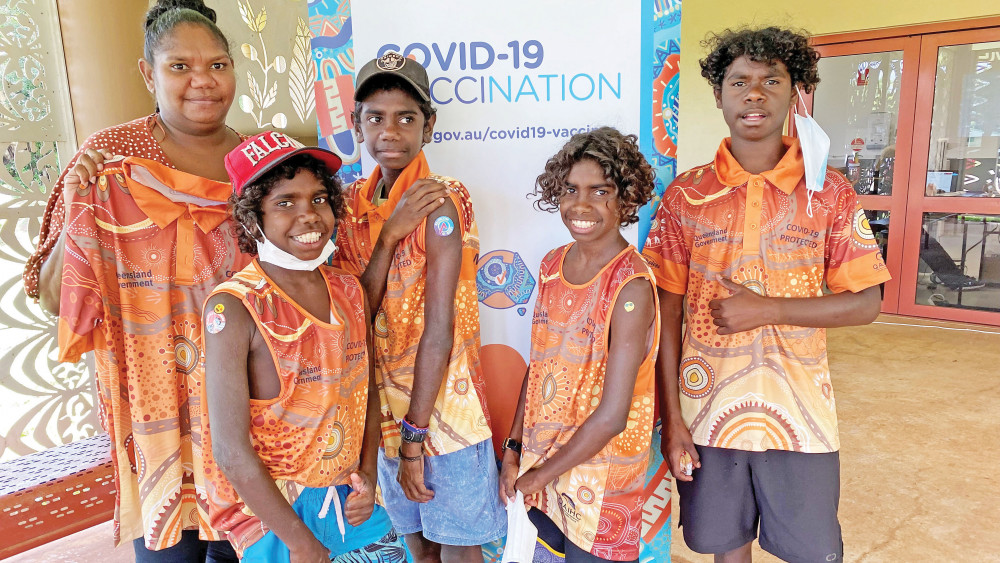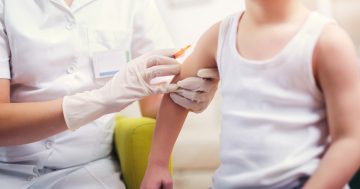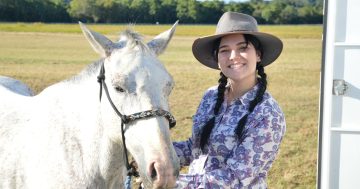
THE Cape and Torres Strait has more than 350 active cases of COVID-19 but health officials are relatively pleased with the region’s attitude in slowing the spread.
However, mask wearing and limiting travel is being encouraged in a bid to keep the virus from overwhelming health resources.
As of Monday morning, there were 357 active cases in the Torres and Cape Hospital and Health Service region.
Significant increases have been recorded on Dauan and Badu islands in the Torres Strait.
Active case numbers are fluctuating as cases are discharged from their one-week quarantine and new cases come on.
All active cases within the region are being managed at home or in other accommodation.
“A case admitted to Cairns Hospital from Cooktown remains active, however, their hospitalisation is for a condition unrelated to COVID,” said Bev Hamerton the chief executive of TCHHS.
“To date, accounting for those who have been discharged from quarantine, the region has recorded 894 cases of COVID-19.
“We urge people to re-think their need to be out and about in the community.
“If you are planning on travelling across the region, consider whether or not this is essential.
“If you are going to visit someone who is vulnerable or attending a crowded venue, you should think carefully about the risk posed to yourself and to others.
“COVID-19 vaccination remains the best way to protect yourself and your loved ones.
“Unvaccinated people are 24 times more likely to be admitted to a Queensland intensive care unit than people who have had their booster shot.
“If you are unvaccinated, you are nine times more likely to end up in hospital than if you were vaccinated and had received your booster shot.
“Also wear masks as directed, practice social distancing and good hygiene, including frequent washing of hands with sanitiser and get tested if you have symptoms.”
Symptoms include: fever, sore throat, runny nose, cough, shortness of breath, fatigue, diarrhoea, vomiting, nausea or lack of taste or smell.
Testing is available at all health facilities through a combination of RATs and PCR tests, depending on individual requirements.
“There is no issue with the availability of RAT tests at any of our facilities,” Ms Hamerton said.
“Anyone presenting for testing at one of our facilities who has symptoms of COVID-19 will receive a rapid antigen test.
“Close contacts of a positive case will also receive a RAT on day six. If someone is a close contact and has symptoms, they will receive a RAT. Only where RATs are not available will someone be given a PCR.”
Currently, 78 per cent of the eligible population aged 12 years and over in the TCHHS region is now fully vaccinated with two doses of vaccine and 93 per cent have had at least one dose.
“We have also delivered about 4027 booster vaccinations across the region and 724 children aged 5-11 have received their first dose of vaccine,” Ms Hamerton said.
“The child vaccine is being administered in two doses about eight weeks apart, so remember to bring your child in for their second dose so they can be maximally protected.”





